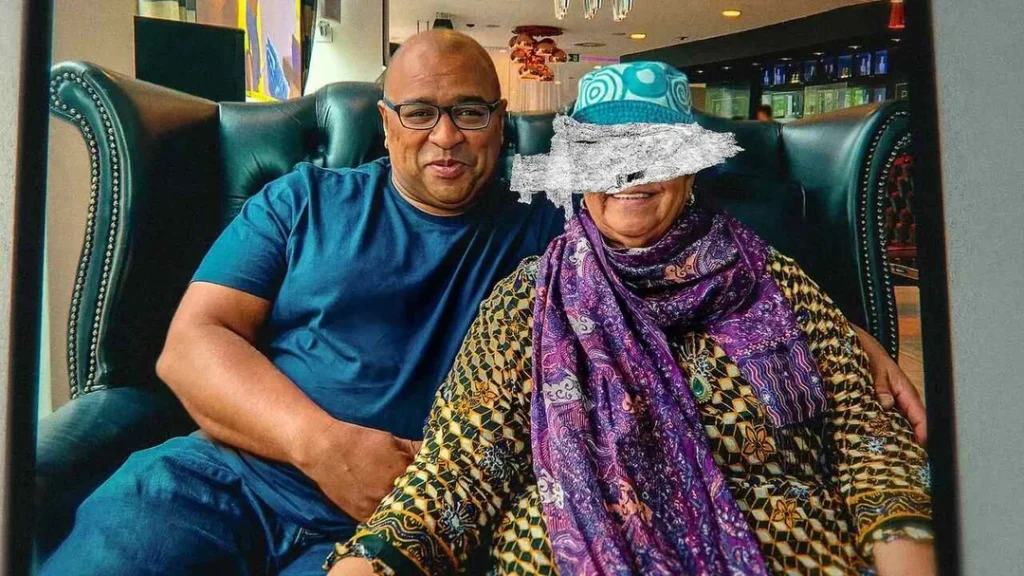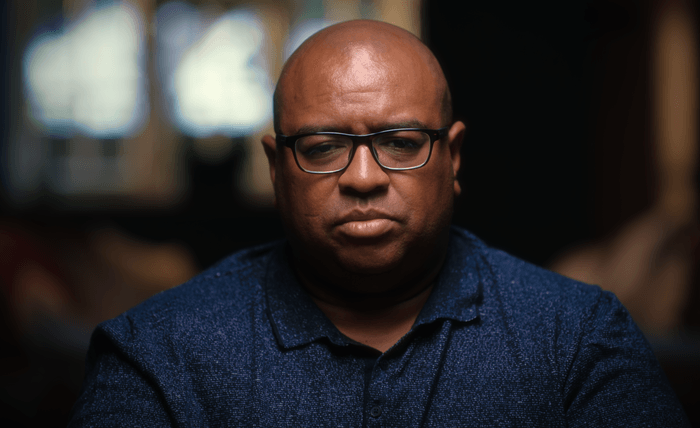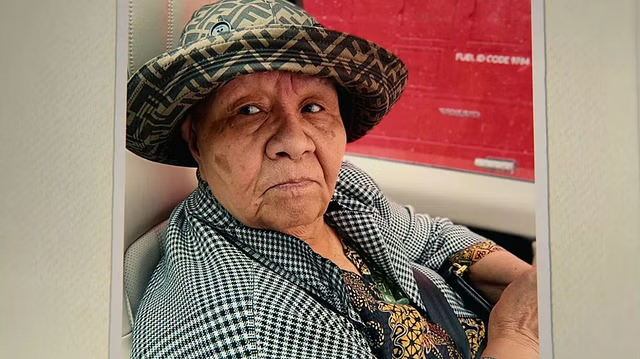Understand Your Rights. Solve Your Legal Problems


Netflix's true crime documentary The Con-Mum tells the jaw-dropping true story of a British woman who posed as a wealthy heiress, scammed those closest to her—including her own son—and vanished. If you're looking for the real story behind the British female scammer documentary on Netflix, this is where the web of lies begins to unravel.
Who is The Con-Mum on Netflix?
The Con-Mum is a British woman named Dionne who manipulated her biological son and others by pretending to be a wealthy heiress and using emotional scams to extract money over a period of 18 months.
At the center of The Con-Mum is a mysterious woman known only as Dionne. Her full name is not disclosed, and many details of her life remain deliberately obscured. What is known, however, is chilling: Dionne is a British-Asian woman who in 2020 contacted world-renowned pastry chef Graham Hornigold, claiming to be his biological mother.
She told Graham that he had been taken from her at birth and that she'd spent decades searching for him. Dionne's story was peppered with outlandish but oddly convincing claims: that she was the illegitimate child of the former Sultan of Brunei, that she was a multi-lingual, wealthy businesswoman, and that her life had been marked by tragedy and secrecy.
Despite an absence of digital presence and her refusal to participate in the documentary, Dionne successfully inserted herself into Graham's life. She charmed his partner, met his newborn son, and lived lavishly off Graham's generosity—funded under false pretenses.
A DNA test would later confirm that Dionne is Graham's biological mother. But her actions left irreparable emotional and financial damage.

Netflix documentary The Con-Mum
Born in 1974 on a British Army base in Germany, Graham Hornigold had a difficult childhood marked by an abusive father and the absence of his mother. He was raised in St. Albans, Hertfordshire, and began working in kitchens by age 14.
Over the years, Graham built a celebrated career in the culinary world. He served as Executive Pastry Chef at London’s prestigious Lanesborough Hotel and the global Hakkasan group. In 2007, he was named UK Pastry Chef of the Year.
In 2020, he co-founded Longboys, a gourmet doughnut company, with his partner Heather Kaniuk. That same year, Dionne contacted him, claiming to be the mother he never knew.
What followed was a calculated infiltration. Dionne posed as a maternal figure who only wanted to reconnect. She offered gifts, bought a Range Rover, and insisted she would repay Graham for the mounting expenses she accrued.
In truth, she had no money. Over 18 months, Graham unknowingly paid for Dionne's lavish lifestyle, racking up between £100,000 and £300,000 in debt.

Graham Hornigold, British pastry chef and victim of The Con-Mum
Dionne's strategy wasn't brute force or digital hacking. It was emotional warfare. Her manipulation tactics included:
✨ Expert Insight: "Cases like this highlight the dangerous power of emotional scammers," says Dr. Jane Ellis, criminologist. "What sets Dionne apart is her ability to weaponize maternal identity — a tactic rarely seen with such devastating psychological impact."
Her story serves as a masterclass in emotional fraud—how con artists exploit empathy, family ties, and guilt to gain control. It sheds light on the rising threat of emotional scams by con artists in modern society.

'Con Mum' - Graham Hornigold Was Scammed By His Long-Lost Mother
While Graham was the primary focus, Dionne allegedly conned at least three more victims:
These individuals described Dionne as warm, intelligent, and caring—until she began borrowing money under false pretenses.
Some victims met her through professional circles or mutual friends. Her pattern was always the same: build trust quickly, introduce a personal tragedy, and request "temporary" financial help that was never repaid.
🧾 Victim Profiles:
- Junyan (34): Startup investor; met Dionne via business partner
- Markus (29): Product designer; believed Dionne was funding his pitch
- Peng (41): Pharmaceutical rep; lent Dionne £7,000 and never recovered it
Netflix Con Mum
Graham eventually reported Dionne to the authorities. But the response was underwhelming. According to statements made in the documentary, police said the case was essentially a "bad business decision" and that legal action was unlikely.
Why? Dionne had not used force, stolen passwords, or broken into accounts. She had exploited relationships—and the law has few protections for that kind of psychological fraud, especially when family is involved.
⚠️ Legal Insight: UK law often treats emotional scams within families as civil disputes. Unless fraud can be proved beyond reasonable doubt, prosecution is rare.
This legal gap highlights a troubling question: How do we protect people from emotional scammers when the law sees it as "consensual" debt?
As of 2025, Dionne's whereabouts remain unknown. She did not appear in the Netflix documentary and has avoided all media interviews.
Speculation suggests she may be living abroad under a new identity. Others believe she may be continuing her pattern elsewhere.
🧹 Have you seen someone matching Dionne’s description? Let us know below.
🚨 Protect yourself: Always verify identity and financial claims before giving money—even to someone who feels like family.
The Con-Mum is more than a story about a scammer. It’s a chilling reminder that emotional manipulation can be just as devastating as financial fraud. Dionne used motherhood, charm, and fabricated trauma to access people’s lives and wallets.
And she got away with it.
Her story leaves viewers asking: Can love be weaponized? Can family be faked? And when will the law catch up to the psychology of con artists?
Until Dionne is found, The Con-Mum remains one of the most disturbing and personal scams in modern UK history.
Subscribe to our True Crime Newsletter for weekly case updates, Netflix documentary guides, and exclusive interviews with criminology experts.
💬 Have a theory about where Dionne is now? Drop it in the comments below!





